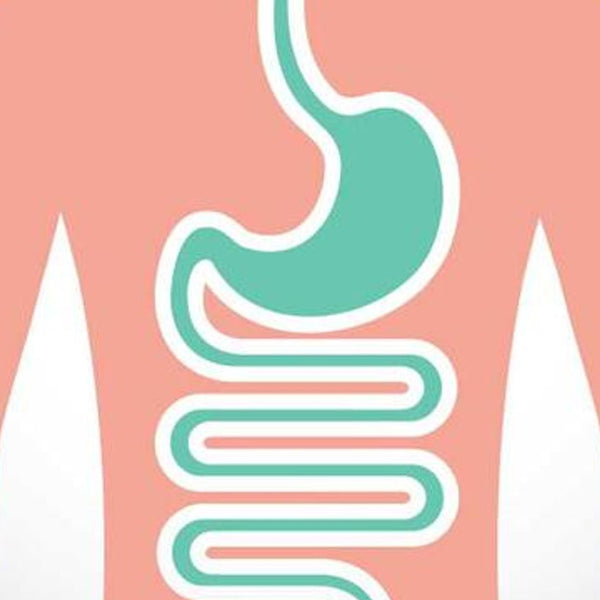
Achieve Optimal Protein Digestion
From gracefully aging adults to fitness enthusiasts, people that consume food-based or supplemented protein are unable to completely utilize this valuable nutrient. Contrary to popular belief, only 10-20% of consumed protein is used for what it was intended. Performance athletes and professional bodybuilders will consume excessive amounts of protein to make up for the 80% of the missing or undigested amino acids that are usually flushed out of the body with normal protein digestion and absorption.
The human digestive system was not designed to absorb ultra-concentrated whey and other protein sources. Actually, enzymes are the fundamental factors that are involved in the release of amino acids from proteins. Through extensive research, a powerful combination of enzymes that promote the uptake of 100% of the amino acids contained in dietary protein was formulated; this formulation is called Aminolase TPA.
Aminolase is a supplement that contains a combination multi-bacteria sourced and ultra-concentrated plant-based protease, which enhances the body’s ability to completely break down proteins. Supplementing a protein rich diet with Aminolase helps ensure that undigested proteins don’t wreak havoc within our bodies.
When protein-rich foods or protein supplements are consumed, the human gastrointestinal (GI) tract typically takes approximately 90 minutes to partially break proteins down into single amino acids or amino acid chains (peptides).[1] Stomach acid promotes the breakdown and digestion of proteins into single amino acids, but the consumption of protein supplements reduces stomach acidity and hinders the GI tract’s ability to completely digest all of the proteins.[2, 3] Single amino acids are easily absorbed by specialized cells that allow re-synthesized proteins to be utilized as substrates for energy metabolism or muscle repair and growth.[4] However, large portions of undigested proteins prevent the body’s tissues and organs from receiving adequate amounts of the amino acids that are needed for proper health and tissue repair.
More specifically, in the absence of enzymes such as those contained in Aminolase, the large percentage of undigested proteins can:
- Cause stomach discomfort including gas, bloating, cramping, and sometimes diarrhea
- Cause immune responses that trigger fatigue and soreness
- Force the kidneys to work much harder
Therefore, adding Aminolase to the diet supports organ health and promotes the complete digestion and absorption of concentrated protein supplements and high protein meals.
References
- Kim SK. Small intestine transit time in the normal small bowel study. Am J Roentgenol Radium Ther Nucl Med. Nov 1968;104(3):522-524.
- Fordtran JS, Walsh JH. Gastric acid secretion rate and buffer content of the stomach after eating. Results in normal subjects and in patients with duodenal ulcer. J Clin Invest. Mar 1973;52(3):645-657.
- Schaafsma G. The protein digestibility-corrected amino acid score. J Nutr. Jul 2000;130(7):1865S-1867S.
- Aguirre N, van Loon LJ, Baar K. The role of amino acids in skeletal muscle adaptation to exercise. Nestle Nutr Inst Workshop Ser. 2013;76:85-102.
- Silvester KR, Bingham SA, Pollock JR, Cummings JH, O'Neill IK. Effect of meat and resistant starch on fecal excretion of apparent N-nitroso compounds and ammonia from the human large bowel. Nutr Cancer. 1997;29(1):13-23.